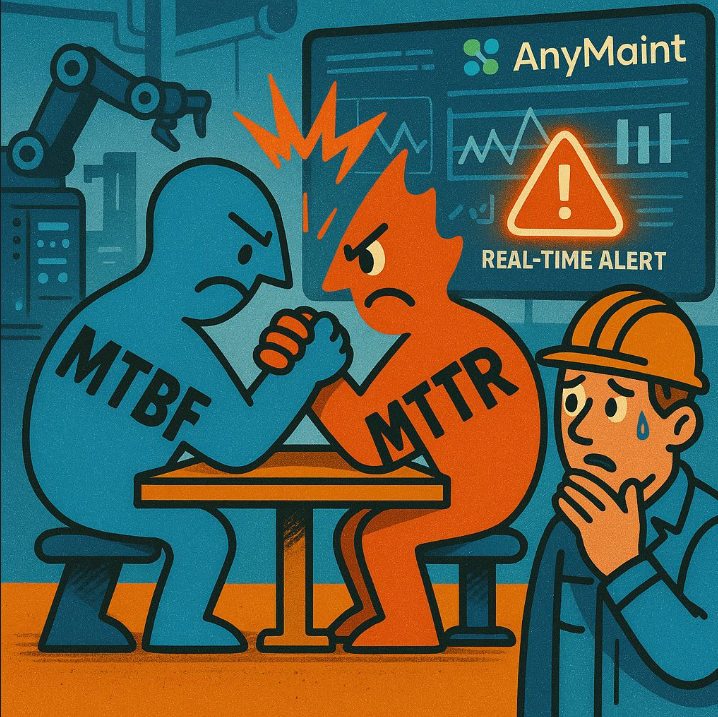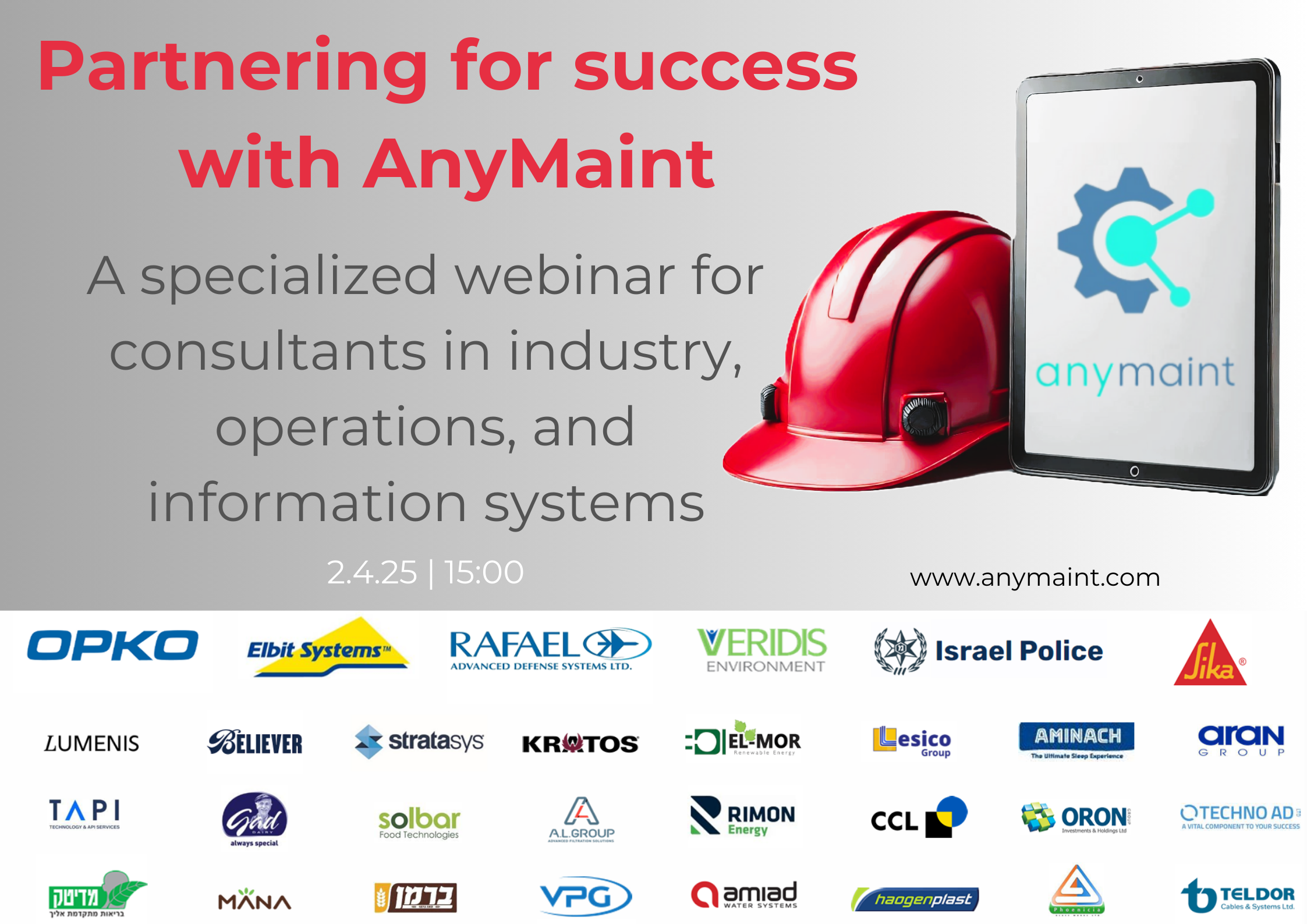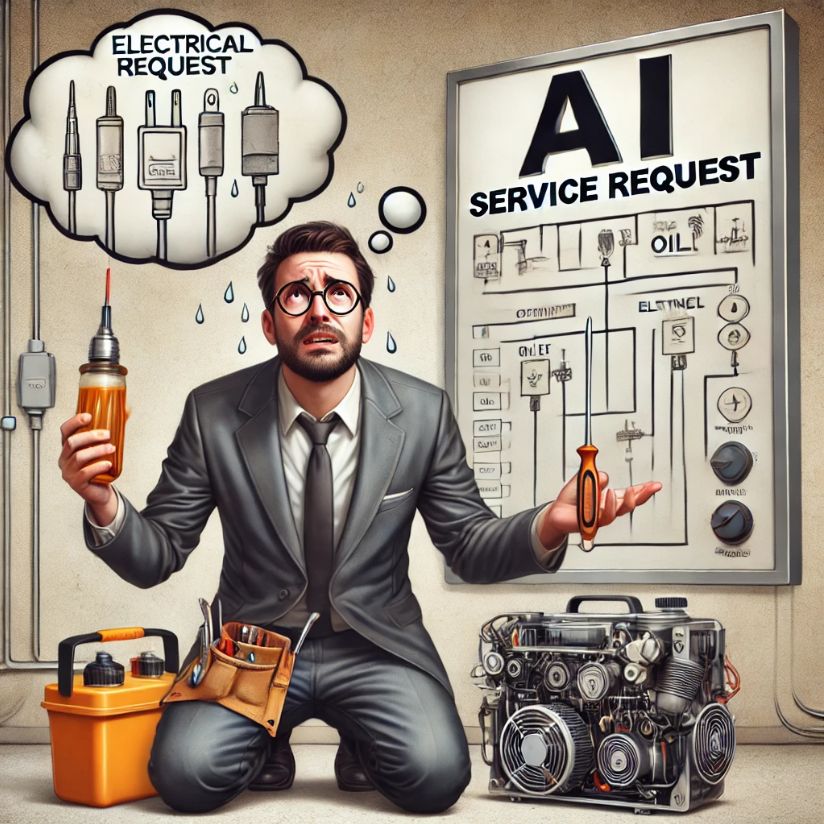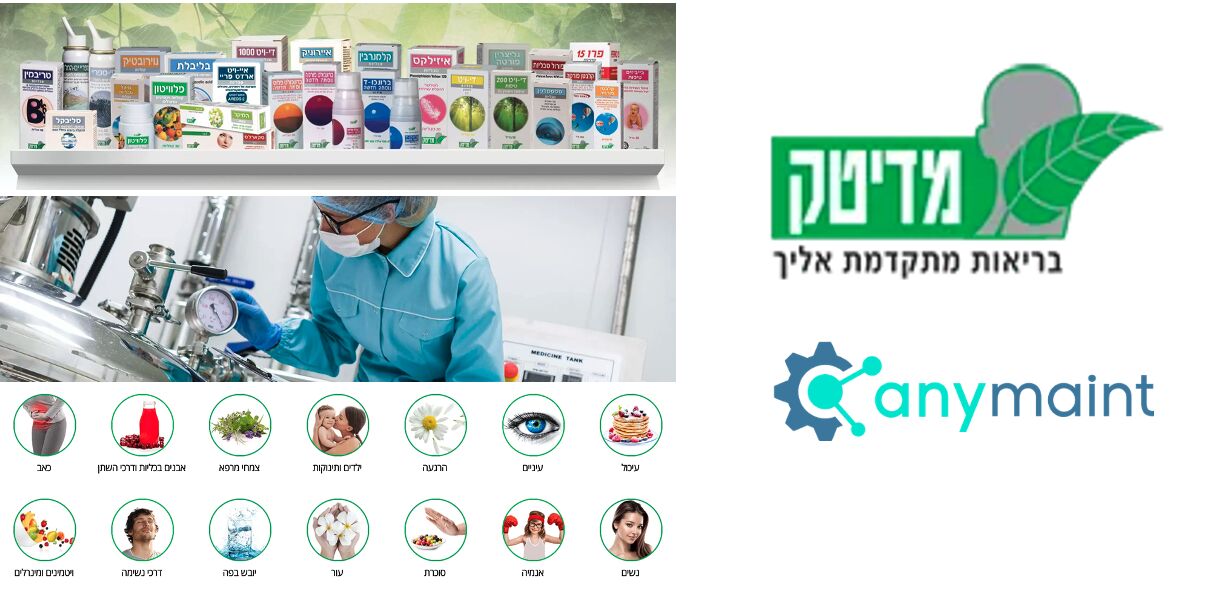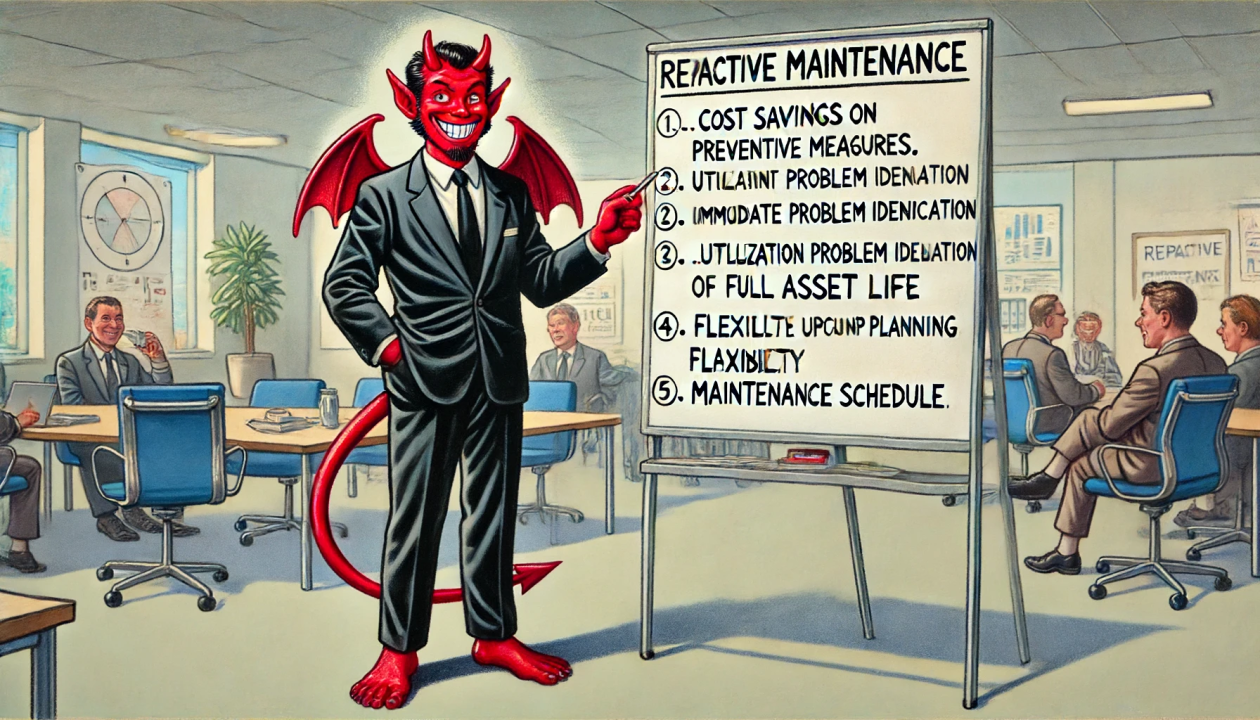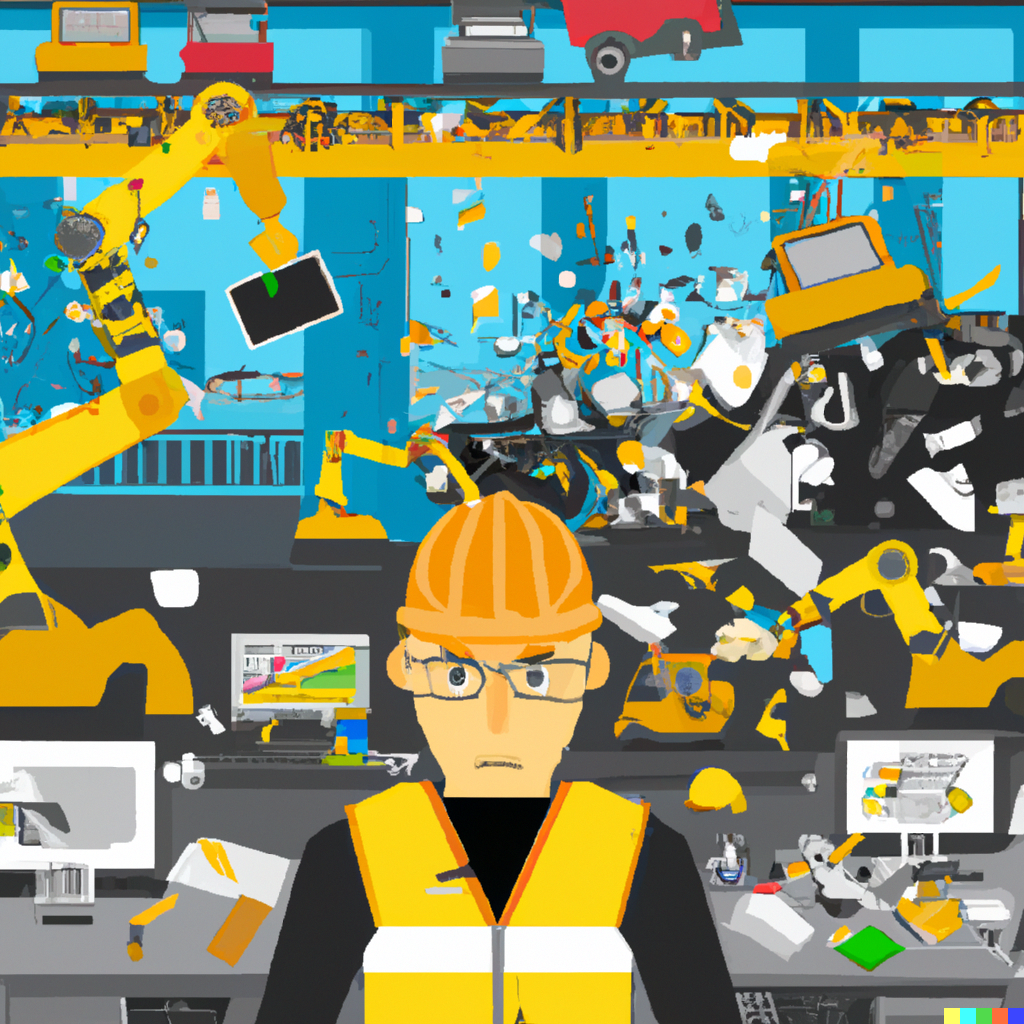How to compare CMMS (Computerized Maintenance Management System) systems.
As a company which has released a new CMMS, we are frequently asked: “What is the difference between AnyMaint and the other 132+ CMMS systems on the market?”.
We do have an answer, but it’s not a short one…
When products are listed on internet marketplaces, making informed decisions becomes even more complicated – every CMMS has work orders, spare parts management, KPI and so on. Sales and marketing people know how to present these things and promote the product, but what about the real value, how can we best compare two software systems?
I recommend ignoring search engine comparisons, and trying to answer following questions instead:
- People: Who is going to use the software in my organization? Do they need something sophisticated, with a lot of details describing the failure or PM, or are a few words enough? Are they experienced with software usage and eager to learn how to use a new one?
- Company: How many hours of maintenance staff time will be spent on the new software? Are those hours available, or do you need to hire extra employees?
- Processes: Do we have written definitions for preventive maintenance, spare parts, audits, failure codes etc.? Do we need them?
- Tools: How many tools do we have and how much maintenance do they require?
- Environment: Integrations with other systems, connectivity with equipment etc.
- Budget: How much is the company going to spend on the system directly? How much will extra staffing requirement cost?
- Other (and this is most important point!): Anything you have in mind before performing a “best CMMS ever” search on the internet. What are your expectations from this instrument? Maybe you don’t have any specific requirements – and guess what – that’s fine too!
In my opinion, answering to these questions will save a lot of time in sales meetings, since you will have a better understanding of what you are looking for, what to ask and how to compare answers.
The reason for multiple CMMS products in the market is simple – none of them are perfect, and they never will be.
The good news is that nobody needs “perfect” maintenance software, only “a good fit for what your organization needs” and trying to do it better every day.

